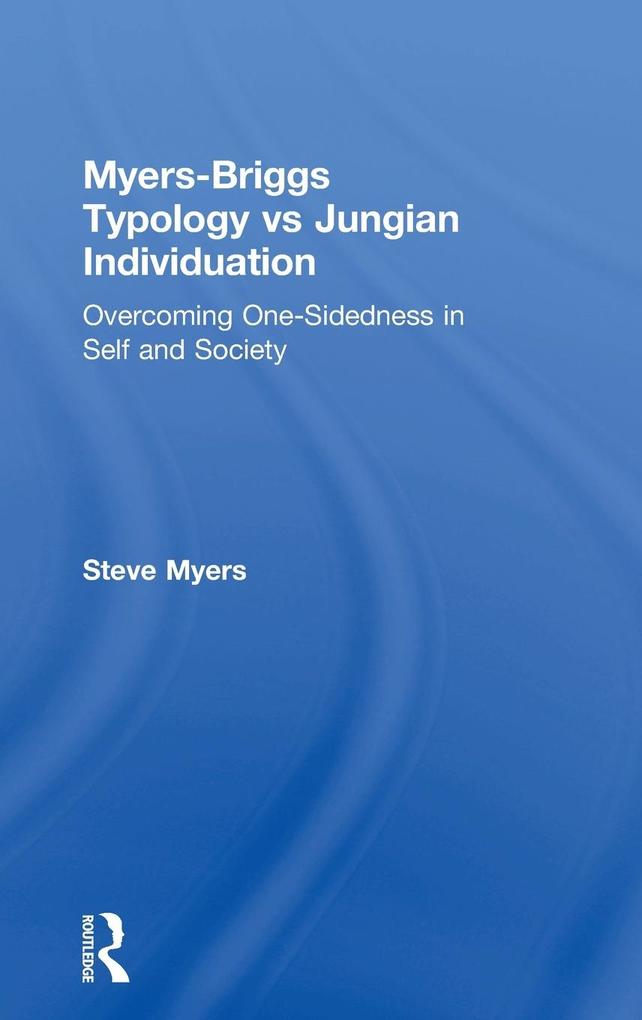
Zustellung: Di, 15.07. - Fr, 18.07.
Versand in 7 Tagen
VersandkostenfreiBestellen & in Filiale abholen:
Myers demonstrates how overlooked aspects of Jung's developmental theory can be greater applied by users of Myers-Briggs typology. This book provides an understanding of the main differences between Myers-Briggs typology and Jungian individuation, and describes eight principles to reconcile and overcome those differences. It also describes practical ways in which the principles can be used in personal, professional, group and cultural contexts. The book concludes with a look at common criticisms of the MBTI instrument, the main defences against them, and practical suggestions for incorporating Jungian individuation into coaching and workshops.
Inhaltsverzeichnis
Chapter 1: Introduction; Chapter 2: The type problem; Chapter 3: The solution; Chapter 4: The transcendent function; Chapter 5: Many forms of opposite; Chapter 6: Individuals, relationships, groups, society; Chapter 7: The caduceus; Chapter 8: Two movements; Chapter 9: Axiom of Maria; Chapter 10; Four perspectives; Chapter 11: One-sidedness and analytical psychology; Chapter 12: The future of reconciliation; Appendix A: Prometheus and Epimetheus; Appendix B: Psychological Types; Index
Produktdetails
Erscheinungsdatum
20. November 2018
Sprache
englisch
Seitenanzahl
254
Autor/Autorin
Steve Myers
Verlag/Hersteller
Produktart
gebunden
Gewicht
549 g
Größe (L/B/H)
240/161/18 mm
ISBN
9781138230835
Entdecken Sie mehr
Bewertungen
0 Bewertungen
Es wurden noch keine Bewertungen abgegeben. Schreiben Sie die erste Bewertung zu "Myers-Briggs Typology vs. Jungian Individuation" und helfen Sie damit anderen bei der Kaufentscheidung.










